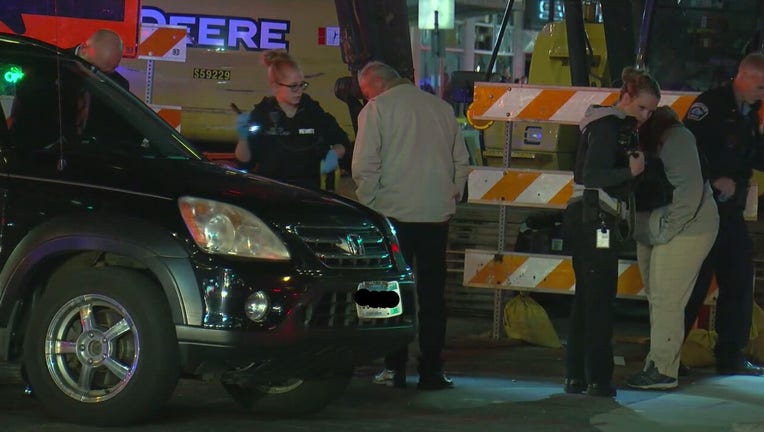'Cure violence': Minneapolis to deploy community engagement and de-escalation outreach workers

MINNEAPOLIS (FOX 9) - The effort to curb violence on the streets has always been there, but a new strategy is hoping to create real results.
Minneapolis is placing dozens of outreach workers on the streets to get the message out after the city has seen an uptick in gun violence since the death of George Floyd.

Minneapolis to deploy community engagement and de-escalation outreach workers
Minneapolis will deploy community engagement and de-escalation outreach workers.
Soon, there will be people in the neighborhoods seeing the highest numbers of shootings to stop the bullets from flying apart from police.
“The violence interruption model is rooted in the idea that those who are the closest to it can reach those who are being impacted by it right now,” said Sasha Cotton, the director of Minneapolis’s Office of Violence Prevention.
Minneapolis is hiring 60 to 100 street outreach workers to go to areas like 38th and Chicago and North Minneapolis under a model called “Cure Violence.”
Unarmed civilians, like teachers, coaches and former gang members who have relationships with young people most directly impacted by gun violence would be trained in community engagement and de-escalation.
They would respond daily to shooting scenes to prevent retaliation from gang or other group members, but they wouldn’t replace the work of police.
“Law enforcement is important in a response mechanism, but this is really about prevention and preventing that violence before it starts,” said Cotton. “De-escalate the conflicts before they get amplified to gun violence and really motivate people to see what their life can be without the ongoing retaliatory violence.”
The city has held several screenings of a documentary called “The Interrupters,” which looks at how this street outreach program works in other cities across the country.
Minneapolis is looking at having four teams of 12 to 15 people each. Two will be in North Minneapolis and two would in South Minneapolis on the streets as early as next week, with teams Downtown and Uptown to follow.
“We want violence to be the absolute last resort that people turn to and that they feel they have the opportunity for a viable and valuable life without violence,” said Cotton.

